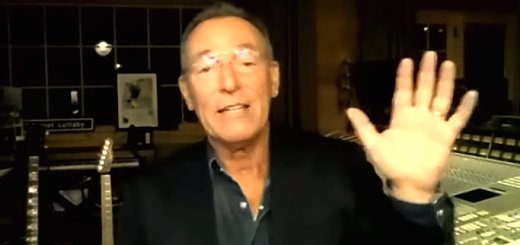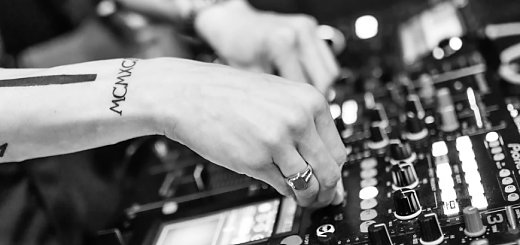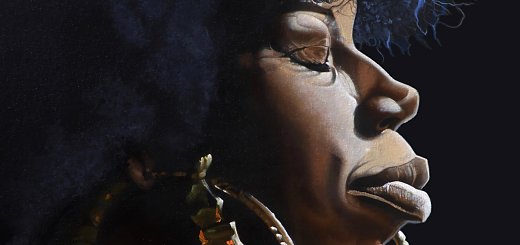A lovely speech by Bruce Springsteen to Boston students

“What you’re about to embark on will be the greatest adventure of your young life” - Bruce Springsteen told the Boston College Class of 2024 via a Zoom call from his New Jersey home studio as the featured speaker of the school’s annual 'First Year Academic Convocation'. Springsteen continued - “You can waste it, you can half-ass your way through it, or you can absorb every minute of what you’re experiencing, and come out on the other end an individual of expanded vision, of intellectual vigor, of spiritual character and grace, fully prepared to meet the world again on its own terms”. Students also had some questions for Springsteen...

